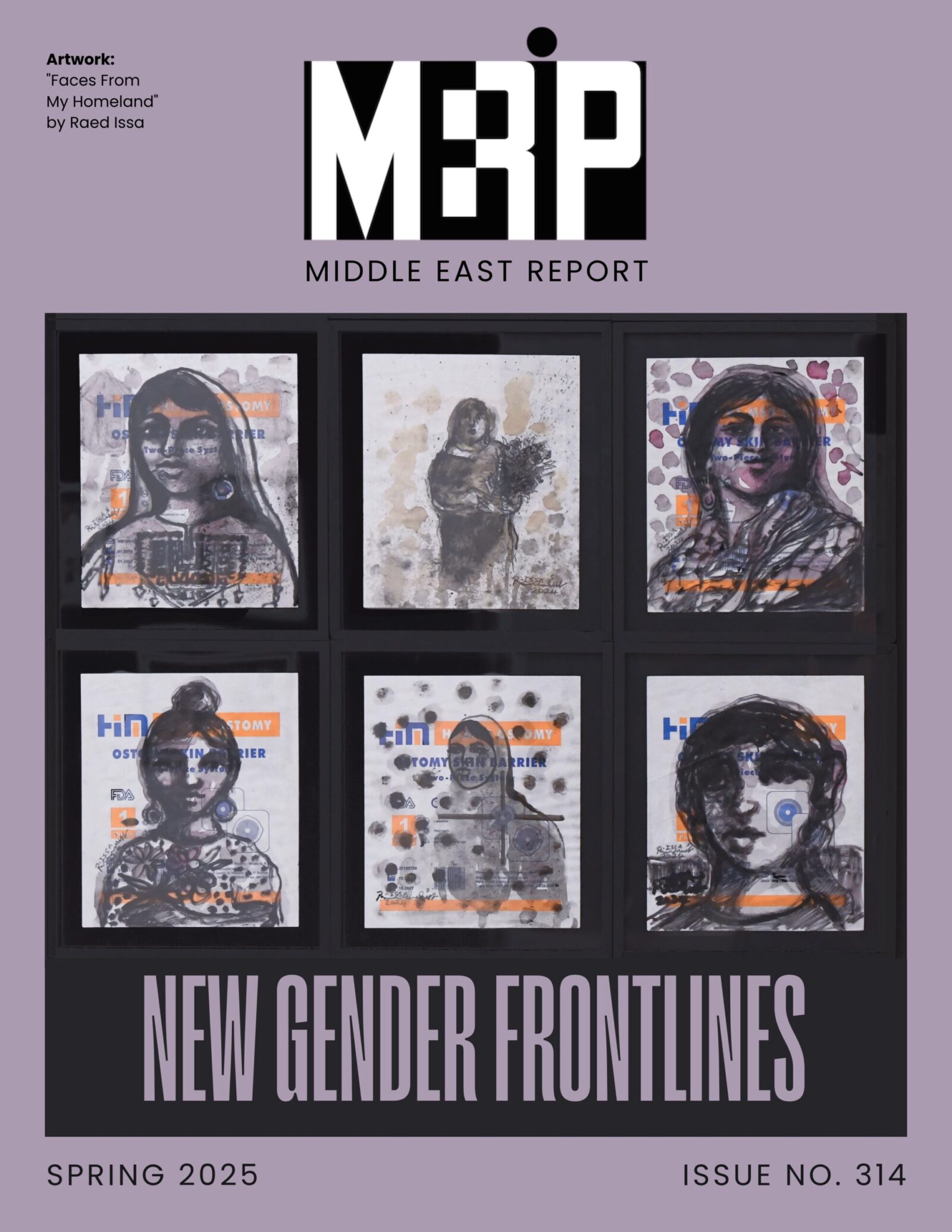IN THIS ISSUE:
Editor’s Picks (Winter 2011)
Aloni, Udi. What Does a Jew Want? On Binationalism and Other Specters (New York: Columbia University Press, 2011).
Bier, Laura. Revolutionary Womanhood: Feminisms, Modernity and the State in Nasser’s Egypt (Stanford, CA: Stanford University Press, 2011).
Booth, Ken and Tim Dunne. Terror in Our Time (London: Routledge, 2011).
Center for American Progress. Fear, Inc.: The Roots of the Islamophobia Network in the United States (Washington, DC, August 2011).
Cook, Steven. The Struggle for Egypt: From Nasser to Tahrir Square (Oxford: Oxford University Press, 2011).
New Insights into Libyan History
Anna Baldinetti, The Origins of the Libyan Nation: Colonial Legacy, Exile and the Emergence of a New Nation-State (Oxford: Routledge, 2010).
With the fall of Col. Muammar al-Qaddafi in 2011, his paranoid and largely successful attempts to close off contemporary Libyan history to academic inquiry have presumably also come to an end. Over the next several years, there is every reason to anticipate a flowering of scholarship utilizing Libya’s untapped archival resources. The authors of these yet-to-be-written studies would be wise to root themselves in the work of the few Western scholars who were productively operating in Libya prior to the collapse of Qaddafi’s regime.
The September 11 Effect on Anthropology
Conventional wisdom among scholars of the Middle East is that the September 11, 2001 attacks left behind a threatening professional environment. Graduate students and faculty alike speak of hostile infiltrators in their classrooms, inevitably bitter tenure battles and the self-censorship that both can produce. At the same time, in the aftermath of September 11 Middle East scholars anticipated that the perennially spotty job market might improve.
Gender and Revolution in Egypt
CURRENT ANALYSIS
State of the Drones
During his State of the Union Address last night, President Barack Obama said:
We don’t need to send tens of thousands of our sons and daughters abroad, or occupy other nations. Instead, we will need to help countries like Yemen, Libya and Somalia provide for their own security, and help allies who take the fight to terrorists, as we have in Mali. And, where necessary, through a range of capabilities, we will continue to take direct action against those terrorists who pose the gravest threat to Americans.
The Jordanian State Buys Itself Time
For months prior to Jordan’s parliamentary elections, concluded on January 23, both the state apparatus and the opposition had been building up the contests as a moment of truth. The state presented the polls as a critical juncture in the execution of its strategy of gradual political reform; the opposition, riding the momentum of two years of concerted street protests, staged a boycott it hoped would delegitimize the whole endeavor.
Iran and the IAEA at Parchin
Few foreign policy issues garner as much interest in the American press as the Iranian nuclear program. As illustrated by last week’s Senate Armed Services Committee confirmation hearing for President Obama’s nominee as secretary of defense, former Republican Sen. Chuck Hagel, the US government is equally focused on Iran. The committee was more concerned with Hagel’s positions on Iran than his views on Afghanistan, Pakistan, Yemen and Somalia combined — despite that fact that these countries are all places where the US military is engaged in combat, something not true of Iran.
LATEST ISSUES
FEATURED PRIMER

Primer: Palestine-Israel
Read the newest iteration of MERIP’s Palestine primer. Published in March 2025, and updated to reflect developments in the ten years since our previous primer, it provides an overview of key actors, organizations, historic events, political developments and diplomatic initiatives that have shaped the status and fate of Palestinians and the State of Israel from the late nineteenth century to the present.


